Wizkid pushes back against being labelled ‘Afrobeats artist’
Ahead of his new album Morayo, Nigerian pop icon Wizkid is pushing back against being labelled solely as an “Afrobeats artist”.
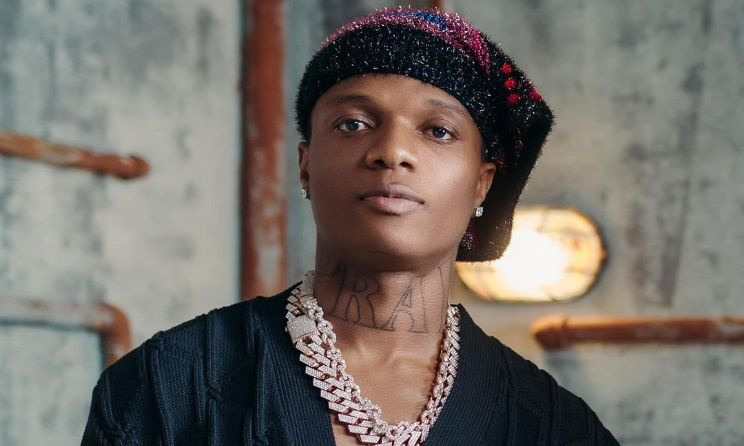 Wizkid. Photo: Ken Visuals/Code Agency
Wizkid. Photo: Ken Visuals/Code Agency
The singer, who has long been a poster boy for the genre, took to Instagram on Friday, two months after the arrival of his S2 EP, to reject that tag, stressing that he is an “artist before anything else” and “not scared” to try various sounds.
“Listen, am I African? Yes! But I do make all sorts of music… I don’t want these labelled just Afrobeats,” Wizkid said. “That’s like saying every American artist makes rap.”
He continued: “This is why no matter how good or amazing the music we make, be it R&B or whatever other genre, we all get nominated in one Africa category or the other. I’ve made songs from different genres of music.”
Since gaining global acceptance years ago, Afrobeats, an umbrella term for all contemporary African pop, has become increasingly contentious. Particularly in West Africa – where the sounds are often traced to – songs deemed Afrobeats are typically those that end up in the charts. Hence, an Afrobeats song, by one definition, is a song from the region that ends up being popular. Tems, whose music typically invokes R&B, is as much an Afrobeats act as Ruger, whose work leans toward dancehall, or Asake, whose work is fundamentally a fuji-pop experiment, or Rema, whose music is often lined by South Asian sounds.
Davido, chewing over the phenomenon in an interview with US tabloid TMZ last November, traced the label to the UK, among the first territories that “glorified” African pop. “I feel like [it] is the term used to describe us African musicians. I don’t think it’s the type of music we make or the style of music we make. If you think of a rapper in Nigeria like Odumodublvck, he is doing straight hip hop drill, but because he is African, we’ll call him an Afrobeats artist. Afrobeats is what is used to describe music made by an African artist, whether it’s trap, techno, or R&B.”
Nigerian pop critic Oris Aigbokhaevbolo holds that for a song to qualify as Afrobeats, it typically “must have been made by a relatively young Nigerian artist, with foreign influences perceptible in those sounds.”
With his statement, Wizkid joins a growing number of African stars challenging that rubric. Fellow Nigerian star Burna Boy has long been the target of criticism for styling his music as “Afro-fusion” despite reaping the marketing benefits of Afrobeats. In an interview with Apple Music last year, Burna Boy went further to criticise a message deficit within the genre. “That’s why you hear most Nigerian music, African music or Afrobeats, as you people call it, is mostly about nothing, absolutely nothing,” he said. “There is no substance to it, like nobody is talking about anything, it’s just a great time. But at the end of the day, life isn’t an amazing time.”
But speaking at the recent Headies Awards, now positioned as the global Afrobeats awards, Rema, a new African pop superstar, after rallying support for indigenous institutions during a “very sensitive period,” noted: “Be it Afro-rave, Afro this, Afro that, last last, we go jam for Afrobeats award.”
Propelled by the global ascent of Afrobeats, Africa’s music industry could surpass $500m by 2025, with the potential to create 20 million jobs in the entertainment sector by 2030. Just last month, Universal Music Group, the world’s biggest music company, announced a major investment in Nigeria-based Mavin Global, which describes itself as an Afrobeats label. Mavin is widely acknowledged for its pivotal role in the genre’s international status, with global interest prompting the creation of Billboard’s US Afrobeats Songs Chart in 2022, where Mavin artist Rema secured the top spot with ‘Calm Down’ featuring Selena Gomez in its first week.
Afrobeats is undergoing a cultural transformation, extending its influence beyond music to impact fashion, street art and the wider music industry. Africa’s status as the youngest continent globally, combined with its thriving music industry, opens up extensive possibilities for cultural enrichment and economic success.
As for Wizkid, he maintained that the tag is misleading and restrictive to the creative integrity of African musicians. In his Instagram post, he suggested that “Afrobeats” was coined to confine diverse African music styles into a single category. He also highlighted the distinction between “Afrobeat” – the genre pioneered by Fela Kuti, arguably Africa’s most renowned musical export and is revered for his unique fusion of jazz, funk, Ghanaian highlife, psychedelic rock and traditional West African chants – and the broader spectrum of music he, Wizkid, creates. He referenced, for instance, that his fourth studio album Made in Lagos, which honours the Nigerian city that raised him, defies categorisation as an Afrobeats album. “That’s a fusion of different sounds. Real music! The word “Afrobeats” was made up by y’all to put all we make into one box. Fela created Afrobeat! I make all sorts of music.”


























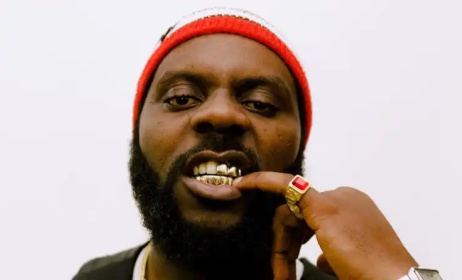
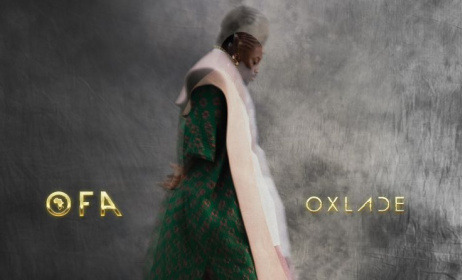


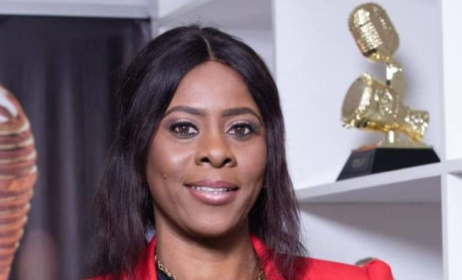
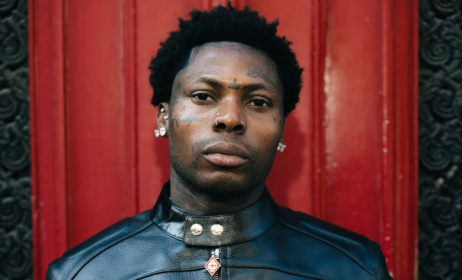



Comments
Log in or register to post comments